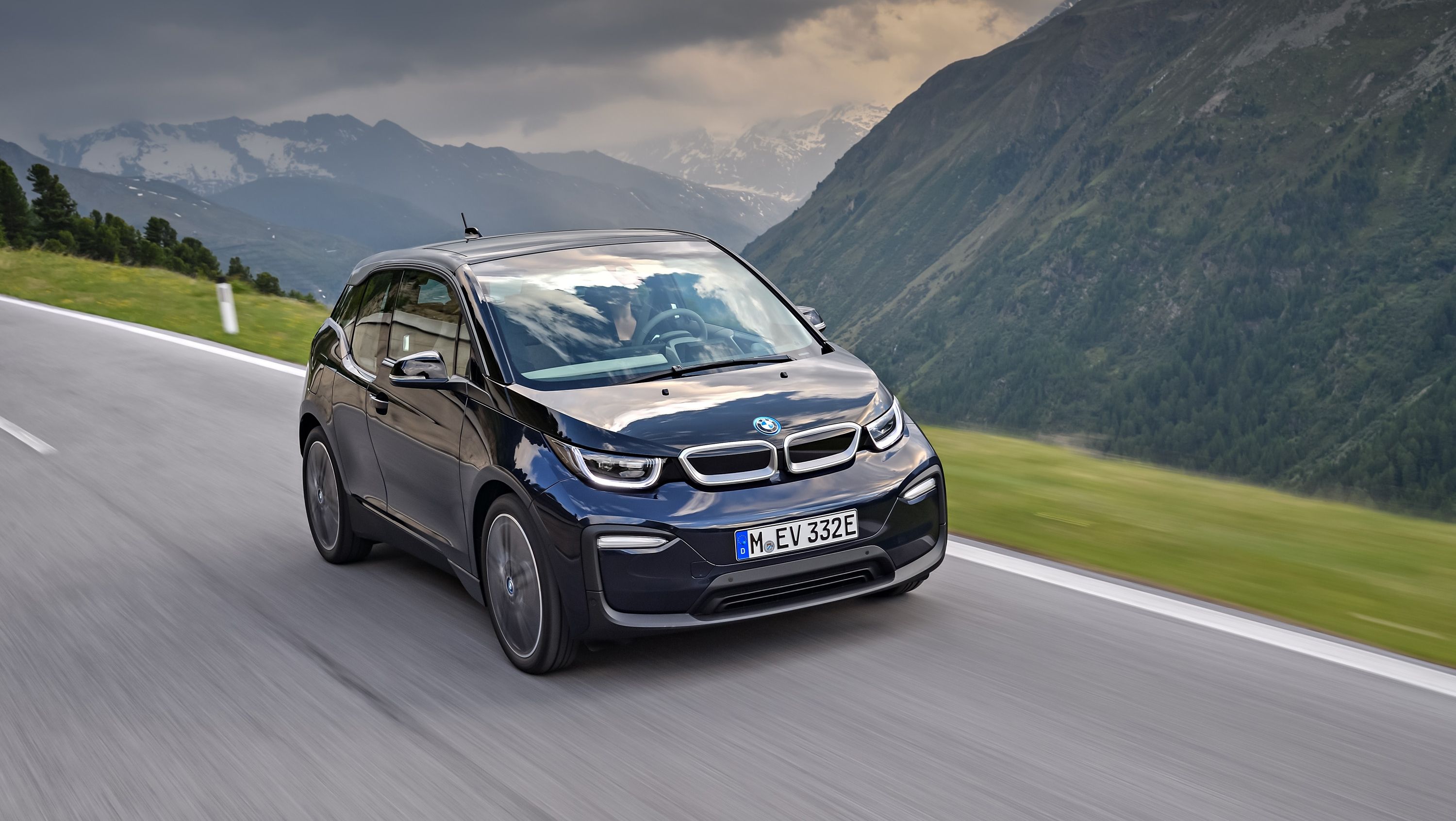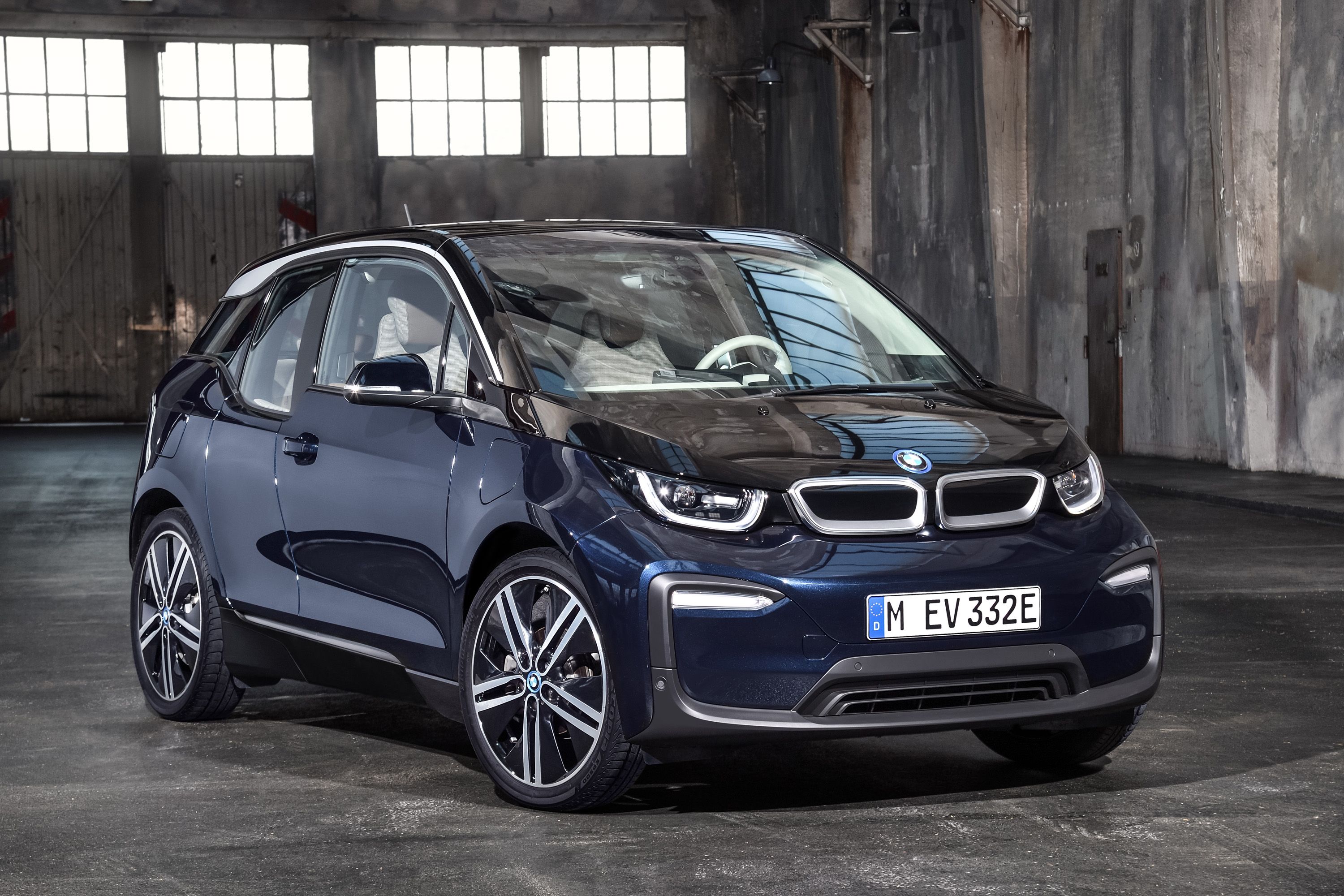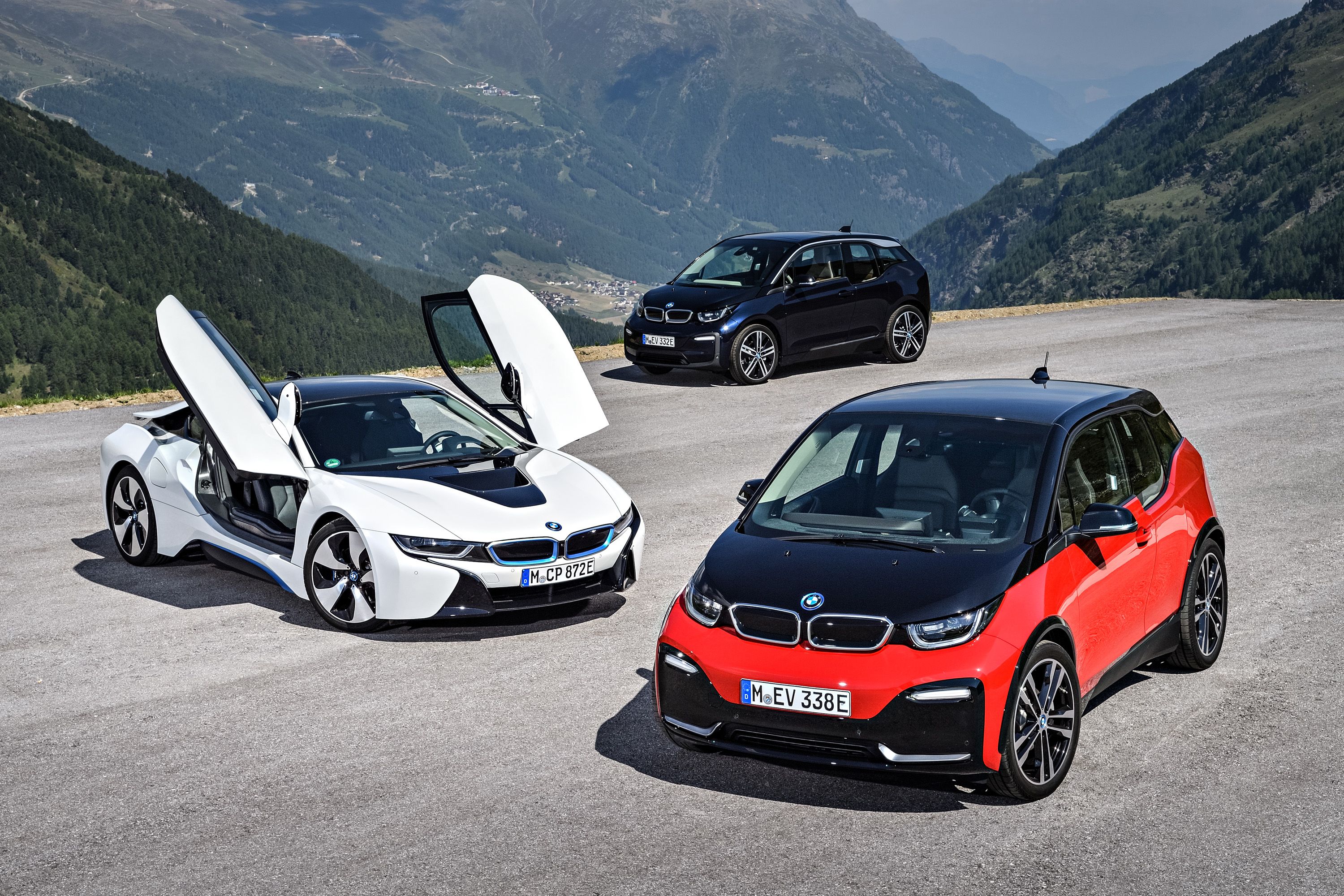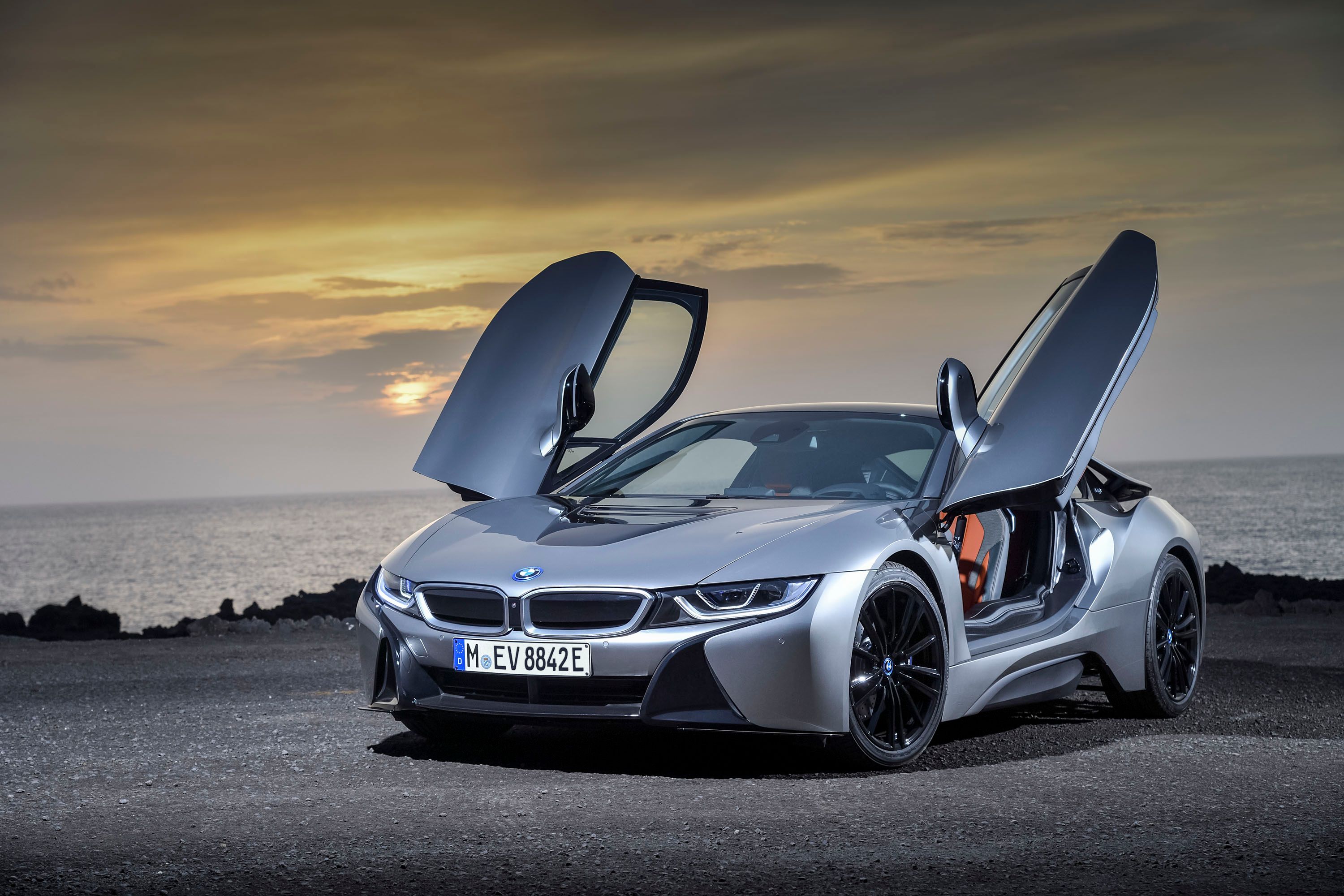As we all know, the EVs are coming, and they're coming in a big way. BMW knows this, and is actively pushing a new string of hybrids and all-electrics in a variety of segments to fill demand. And, according to a recent Digital Trends interview with BMW's chief of electric powertrains Stefan Juraschek, it's looking like that's never gonna change.
Continue reading for the full story.
The Full Story
Although BMW built its reputation on offering sporty, luxurious gas-burners and diesels, the future involves bigger batteries and electric motors. BMW knows this, and now, its lineup includes standouts like the hybrid and all-electric BMW i3 city car, as well as the hybrid i8 sports car (which also just so happens to include a smattering of all-electric modes). Then there's BMW's numerous concept vehicles, such as the i Vision Dynamics that dropped last year, plus its iPerformance lineup, which includes the 330e sedan, 530e sedan, 740e sedan, and X5 xDrive40e SUV.
That's a rather impressive number of models to sport extra electrons, but it makes sense in a rapidly changing market to hedge your bets. Until things start to settle, placing all your eggs in one basket is usually a recipe for disaster.
“First of all, we are convinced that we need more than one solution,” Juraschek told Digital Trends. “Customer behavior is changing. People are becoming more and more attracted to the experience of driving a hybrid or an electric car.”
Juraschek also pointed out that customers enjoyed the quiet operation and smoothness of electrified powertrains, and that after living with an EV, they were much less likely to go back to a gas-only option.
“We sent several hundred i3 owners a survey last year,” Juraschek explains. “Ninety percent of them told us they're not going back to a car with an internal combustion engine. On the hybrid, we've got about 60 percent who are staying. Thirty percent will switch to a pure electric vehicle, while only 10 percent are going back to a combustion engine. Driving electric is attractive.”
Of course, there's still a lot of work to be done. Battery size, and more specifically vehicle range, are both major areas that need to see development, according to Juraschek. BMW's goal is to reach 300 miles between plug-ins, while effective quick-charging solutions are also high on the list.
Indeed, one of the all-electric segment's biggest drawbacks is a lack of convenience. While internal-combustion vehicles can simply pull into a gas station and fill up for an extra 300 miles of range in a matter of minutes, it takes the standard EV several hours to do the same. Turn on peripherals like the stereo or air conditioning, and range takes a big hit as well.
Still, BMW is bullish about the technology. Juraschek points to Mini as a brand that's particularly well-suited for electrification, considering the small, city-car attitude. Mini's very first all-electric model is scheduled for a debut next year, and according to Juraschek, will share drivetrain components with the BMW i3.
Of course, clamping down on technology developments should also be pretty high on the priority list. At the Consumer Electronics Show, Henrik Fisker showed up boasting about a breakthrough in solid state batteries, promising huge range (upwards of 500 miles) and recharge times equivalent to a regular gas fill-up.
However, Juraschek was reluctant to admit solid state batteries as a valid replacement for traditional lithium-ion units, at least right away. “It's too early to discuss BMW's entry point for solid state,” he told Digital Trends. “It's still possible to improve technology, it seems to be robust. Looking at solid state, one issue is temperature. The operating range of these batteries is higher. Right now, if you put everything together on a system level, we do not know what is the advantage at the end of the day. We have to think about what infrastructure we need at that point. I think our cars will use lithium-ion batteries for the next two or three generations.”
All told, it remains to be seen exactly which direction the Bavarians will go. The i3 and i8 seem to be solid performers for the brand, so expect to see some development there, while the rest of the range should see an efficiency boost thanks to the inclusion of hybrid systems. However, in the end, BMW's approach seems more reactive than proactive, swimming with the current rather than seeking to set it. Which, in a sea overflowing with failed start-ups and dead-end EV projects, probably makes the most sense.
Digital Trends0}
Digital Trends1}
Read our full review on the 2019 BMW i8 Coupe.
Read our full review on the 2019 BMW i8 Roadster.
BMW i3
Read our full review on the 2018 BMW i3.
Read more BMW news.




